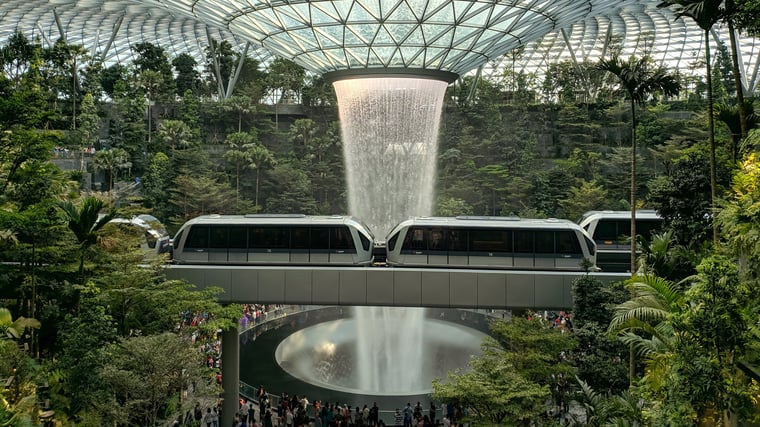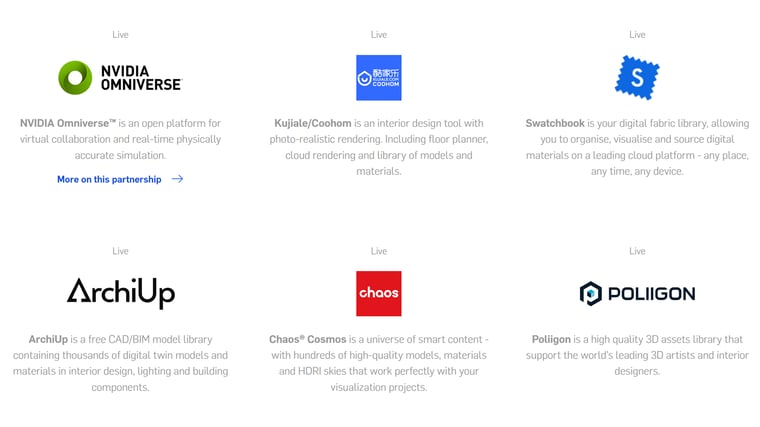
Redefining “business as usual” for sustainability and the future
Published by Admin on
Oct 12, 2022 12:57:16 PM
We know sustainability is important in the business world. At the 26th UN Climate Change Conference of the Parties (COP26) in 2021, parties including governments, industry organisations, and NGOs explored how to achieve the goals of the Paris Agreement and the UN Framework Convention on Climate Change. One of the overarching messages from that gathering was that global corporations need to align their strategies with sustainability goals. Failure to do so could harm businesses, both financially, ethically and in brand loyalty.
This requires a fundamental change in how businesses operate and an active pursuit of solutions that ensures businesses are contributing to sustainability goals. It can’t be business as usual for enterprises of any size or industry wanting to grow and thrive in an evolving world.
Clearly understanding sustainability
Sustainability in business refers to the positive effect a business has on the natural environment and people. A sustainable business strategy should help address some of the world’s pressing problems and environmental, economic, and social factors should be considered when making business decisions.
There are benefits for businesses that adopt a sustainable approach. These include:
- Competitive advantage by having a purpose with a positive impact
- Tapping into the market of consumers who want eco-conscious product choices
- Building beneficial partnerships that can solve challenges together and improve business practices on a larger scale
- Creating a better brand that is trusted for its ethical practices

The reason COP26 was so important in the conversation around sustainable business is that it reminded the world that we have less than 20 years to achieve the carbon reduction targets linked to the Paris Climate Agreement, signed in 2015 by 196 parties across the world. This is a tall order and requires that CO2 emissions be cut by approximately 50% by 2030. The greatest impact sustainability strategies hope to achieve is the transition towards green energy resulting in a CO2 reduction, and the prevention of biodiversity loss.
Bru Textiles strives to become A Forever Company, creating a positive impact and delivering change to ensure a sustainable future for generations. The entire textile industry is the third largest contributor to greenhouse gas emissions. Although we are separate from the apparel and fashion industry, the interior and exterior furnishing fabrics industry need to ensure we partner and innovate towards sustainable textile production, transportation and educating consumers regarding purchasing decisions.
Solutions for SDG 12
Sustainable consumption and production is about doing more and better with less. - United Nations
Looking at Sustainable Development Goal 12, the UN highlights that “economic and social progress over the last century has been accompanied by environmental degradation that is endangering the very systems on which our future development — indeed, our very survival — depends.” This goal asks us to find ways to improve our production and consumption, and technology is already doing a lot to ensure we waste less and reduce the impact on our environment.
SDG 12 benefits from innovation such as increased dematerialisation and virtualisation along with the introduction of technology such as smart buildings, innovation to reduce energy and transport as well as systems for the supply chain management.

We can see that technology is an accelerator of sustainability initiatives. Not only does technology gives businesses more agility to adapt to rapidly changing markets and opportunities, but it also provides solutions that can help put sustainability at the heart of the business strategy. The key is to rethink traditional approaches to technology and see how innovation can improve the value chain.
Shift in samples
We believe that we can make a large contribution to sustainability by re-inventing samples in our industry. Physical sampling has been an important aspect of the textile business and physical communication with customers.
The development of a digital offering through Twinbru is one of Bru’s core sustainable innovation directives. The simple concept behind this is that one digital image has far greater reach potential to customers, compared to a single physical sample book or hanger that reaches fewer customers. This entire process has the potential to be partly replaced by digital platforms, which will reduce the carbon footprint and improve the economic stream for the industry.
This is how Twinbru is taking textiles from business as usual to business in the future. Additionally, the high quality of our digital twins of fabrics available on our partner platforms for digital design will help build the future of the metaverse.
Learning and sharing
What businesses can learn from our example is that aligning business goals with sustainability goals does not happen overnight. It is a journey that will take time to yield results. It is also vital to find the right partners for that journey and lean into collaborative efforts for changes. Technology opens up our world to new possibilities that can also reduce environmental impact by changing production and consumption for the better.
We learnt all this through internal and external initiatives and gladly share it as part of our effort to raise awareness of the need to keep sustainability top of mind for business development now and in the future. We encourage you to read more about Bru Textiles’ sustainability commitment and consider how your industry is contributing to our shared responsibility.